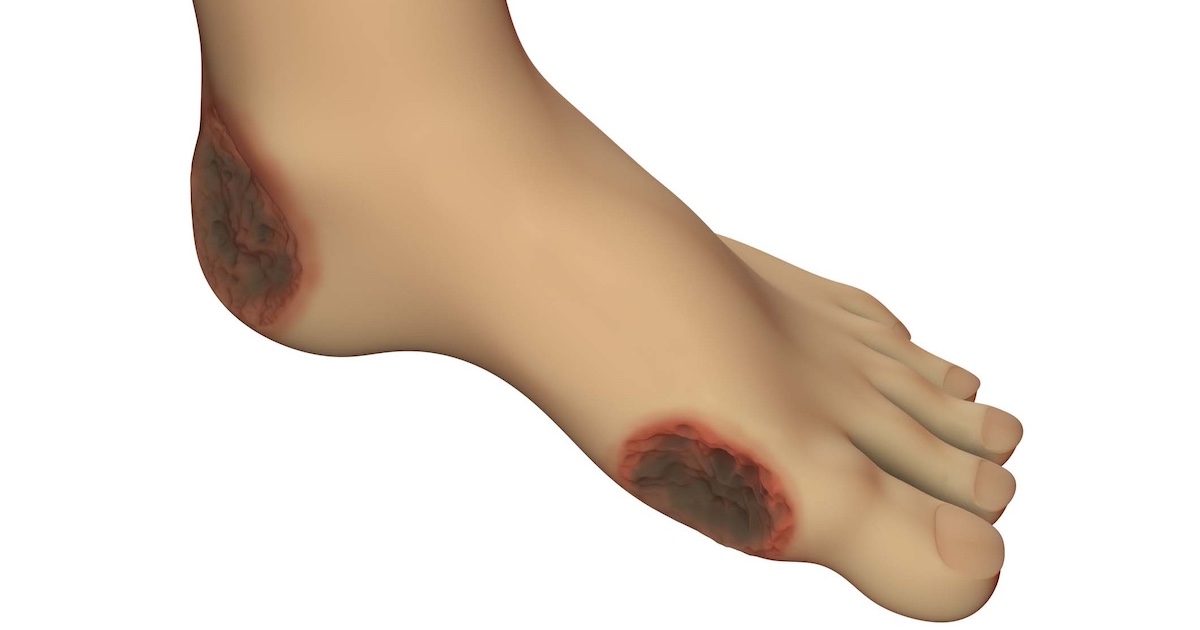It almost sounds like a top secret project: Novartis’ Alcon unit has licensed nascent technology from Google’s X division.
The two companies intend to work on the smart contact lenses Google revealed earlier this year, at which point much of the attention went to the glucose-monitoring abilities and how they could perhaps be used to track diabetics’ blood sugar levels via tears.
Novartis, for its part, brings ambitious plans to the partnership. The pharmaceutical explained that the companies will incorporate technologies, including non-invasive sensors and microchips, into the lenses to not only gauge diabetics' insulin levels but also to “provide accommodative vision correction to help restore the eye's natural autofocus on near objects in the form of an accommodative contact lens or intraocular lens as part of the refractive cataract treatment.”
In other words, to help people who could not otherwise read do just that.
“The promise here is the holy grail of vision care, to be able to replicate the natural functioning of the eye,” Novartis CEO Joseph Jimenez told Bloomberg. “Think about a contact lens that could help the eye autofocus on that newspaper and then when you look up it would autofocus in the distance.”
That could be the key piece to smart contacts success - not merely monitoring glucose levels for diabetics, but actually restoring vision in a way that has not been done before.
Skeptics who thought Google’s smart lenses would follow Microsoft’s previous efforts now at least have something to watch.
It remains to be seen how effective that will be, of course. For now, Novartis is saying it will deliver prototypes by early next year, with claims it may bring a product to market within five years.
Related articles:
Product roundup: 10 mobile apps for evidence-based medicine
Are vital signs really all that vital to consumers?
ACO tapping sensors, smartphone app to help patients control COPD


